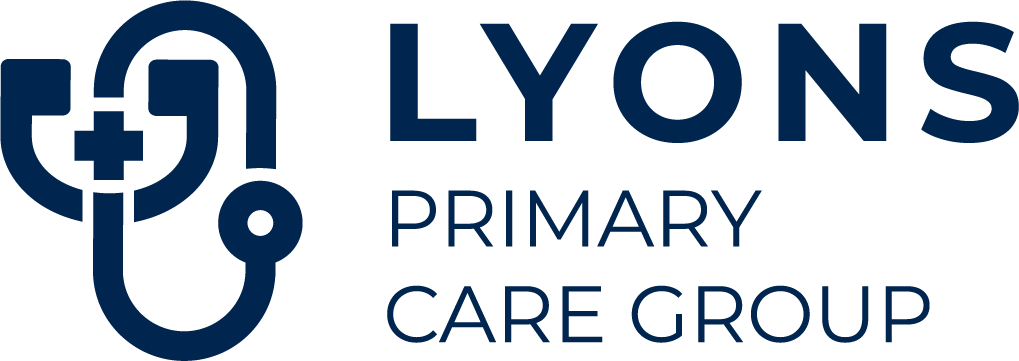
FEMALE INFERTILITY
SECTION CONTENT
Overview
Recommended Reading
Our Services
Treatment
Overview
Approximately 10% of women between the ages of 15 to 44 have difficulty getting pregnant or staying pregnant, a condition known as female infertility. Female infertility can be caused by various factors, including problems with ovulation, damaged fallopian tubes or uterus, or problems with the cervix. This can increase the likelihood of experiencing other health issues like heart disease, stroke, high blood pressure, diabetes, and certain cancers.
Every year, thousands of women face the challenges linked to infertility. Moreover, studies have found that women experiencing infertility often face emotional distress, leading to feelings of sadness, low self-esteem, and anxiety.
Recommended Reading
Experiencing female infertility puts you at risk for many serious health issues. The most common problems include:
Depression Feelings of sadness are common in women trying to conceive.
Diabetes Women with diabetes may face fertility issues due to irregular menstrual cycles and poor egg quality.
Endometriosis This condition, where the tissue that lines the womb is found outside the womb, often contributes to infertility.
Polycystic Ovary Syndrome PCOS can cause you to not ovulate or to ovulate irregularly, leading to infertility.
Primary Ovarian Insufficiency This is when the ovaries stop working normally before a woman is 40 years old.
Damage to Fallopian tubes or Uterus This can prevent sperm from reaching the egg or prevent the fertilized egg from implanting in the uterus.
Depending on your health, your doctor might suggest different treatments, from lifestyle changes to medication to surgery.
Our Services
At Lyons Primary Care Group, we offer consultations for reproductive health and fertility issues. Our approach is tailored towards your specific needs and goals, considering various factors including your body, lifestyle, and personal desires. Our reproductive health consultations are designed to assist anyone trying to conceive.
Treatment
Access to effective prescription medications is key in managing female infertility. Our providers carefully coordinate care so you can access the safest and most effective fertility treatments, such as:
Clomiphene citrate (Clomid)
Human menopausal gonadotropin or hMG (Repronex)
Follicle-stimulating hormone or FSH (Gonal-F, Follistim AQ, Bravelle)
Gonadotropin-releasing hormone (Gn-RH) analogs
Metformin (Glucophage)
Monitoring is continuous, with adjustments made as necessary to ensure the best outcomes while maintaining the highest health standards. We work with you to design a plan that integrates effortlessly into your life, making your fertility journey both successful and sustainable.
Medications can play a key role in treating female infertility, but these drugs can cause significant side effects. It's advised to see a qualified health care provider who can prescribe the right medications for you.
Lyons Primary Care Group’s health care specialists have reviewed this content for educational purposes. It's not meant to replace your doctor's advice. Please discuss any questions or concerns with your provider.

